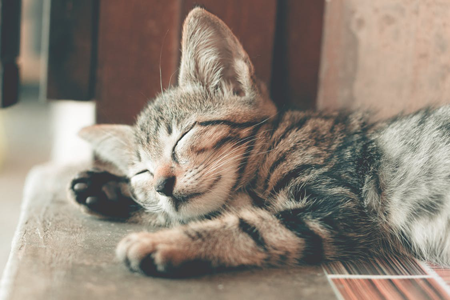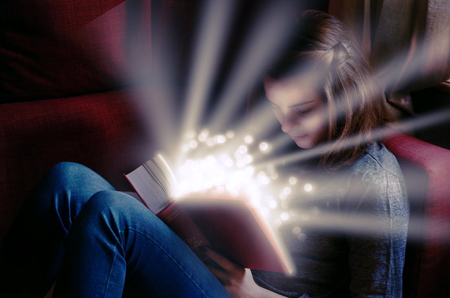Sleep and the importance of rest
We all know that using your phone or laptop before bed can interfere with sleep duration and sleep quality, leading to daytime grogginess and impaired health. But still, we do it because we all want to be connected all the time, either to clients or to social media, or both. We sometimes feel our careers and lives depend on it.
all know that using your phone or laptop before bed can interfere with sleep duration and sleep quality, leading to daytime grogginess and impaired health. But still, we do it because we all want to be connected all the time, either to clients or to social media, or both. We sometimes feel our careers and lives depend on it.
While blue light can help melatonin production, viewing stimulating content late at night can still alert the brain and will disrupt your sleep. Put the phone away an hour before bed, but pick it up first thing in the morning, since the blue light will help wake you. If you have workouts to do, try and organise that in the morning, too.
Physical and mental fitness depend on diet, exercise and sleep. They also depend on how you manage life/work balance, workloads and stress. Never underestimate the power of sleep. Sleep deprivation can add to your calorie intake, so piling on the pounds will add to stress that, in turn, will damage your sleep patterns, becoming a self-fulfilling downward spiral. Lack of sleep will make you more prone to injury, illness and forgetfulness, too. Yet we all do it, either by cramming and studying way into the night, or by “burning the candle at both ends”. Young people feel invincible but, believe me, it catches up on you.
For many, caffeine is the first go-to drug of the day, and OK, fair enough, it’s a good start to a day, but after 4 pm? Seriously?
Drinking coffee at night can delay the human biological clock by 40 minutes, so it confuses the brain’s ability to recognise when you’re tired. Caffeine binds to adenosine receptors in the brain, blocking the sleep-inducing actions of adenosine and causing you to feel more awake. According to recent research, it can also trigger dopamine production, telling the body to wake up. If you need to wake up, just go for a walk. Sun and fresh air have their benefits and, in turn, will delay your dependency on coffee.
Of course, many rely on alcohol to get to sleep, but the more you drink and the closer your drinking is to bedtime, the more it will negatively impact your sleep. It's true, sleep may happen more quickly after consuming a drink or two, but alcohol often reduces sleep onset latency — the time it takes to fall asleep. It's also a diuretic, so you'll inevitably have to visit the bathroom at night. Now, a good, healthy fitness regime is obviously a good thing, but try to do this in the morning — your work activity will benefit from the adrenalin and endorphins racing around your body. Evening workouts are great for some but, unless you’re absolutely exhausted, I'd suggest that this may be counterproductive to a good night’s sleep.
For many with hectic schedules, the power nap is key to the rest they need. Find a quiet place (even your car) and maybe a sleep mask or earplugs. Nap for 20 minutes — any longer and you risk waking up in the middle of the night. And try napping at the same time each day — you’ll train your body to expect a good nap. Lack of sleep is one of the biggest public health challenges we face in the 21st century. Don’t underestimate it.
You need to prepare well before any important exam — you must sleep at least 8 hours a night and keep up with a healthy diet. In case you still feel uneasy about the test, contact a private tutor to help you prepare and pass.


